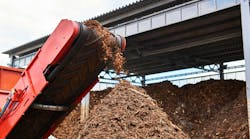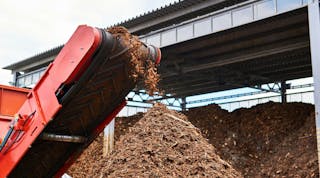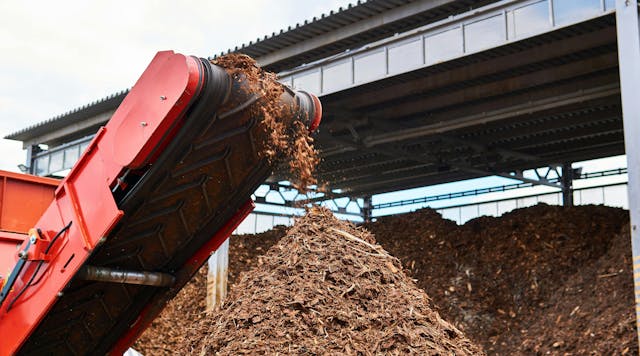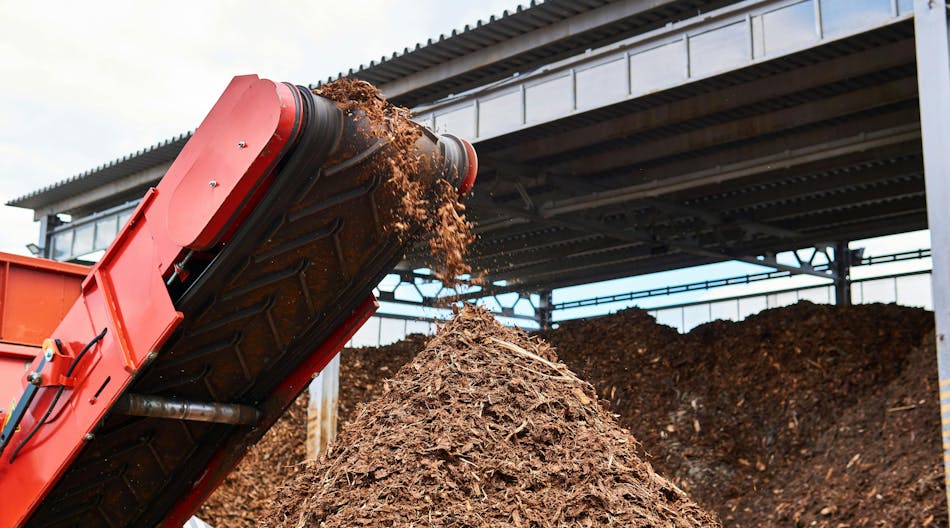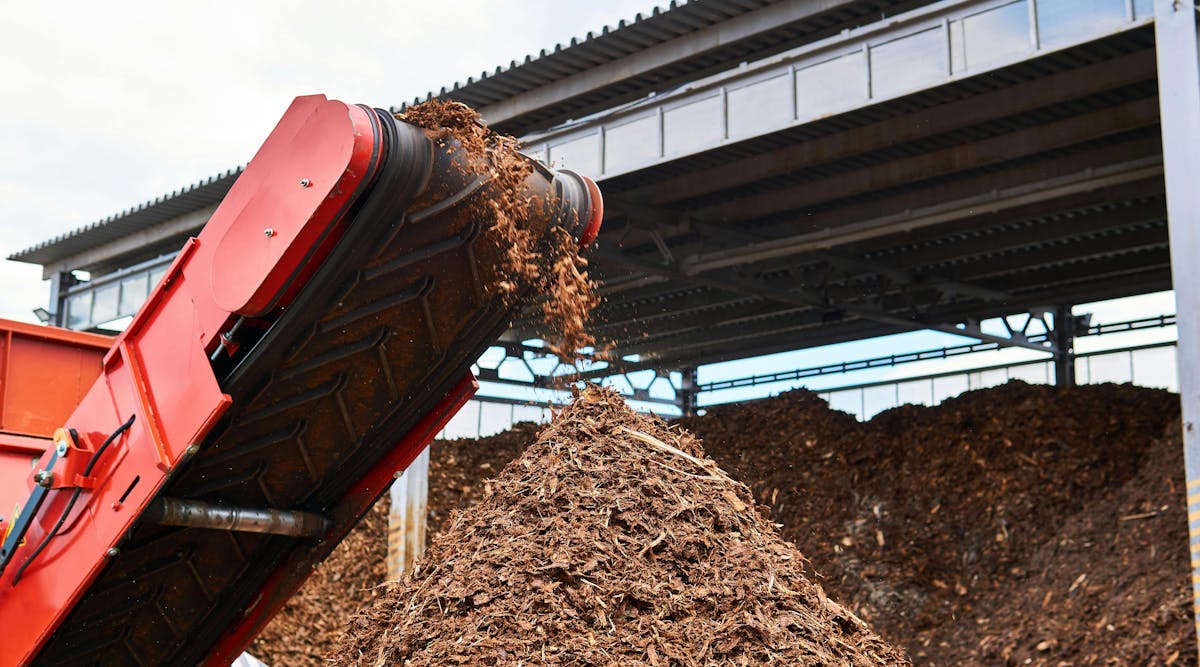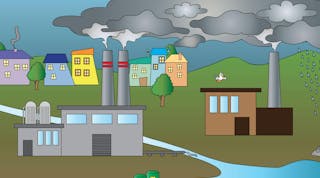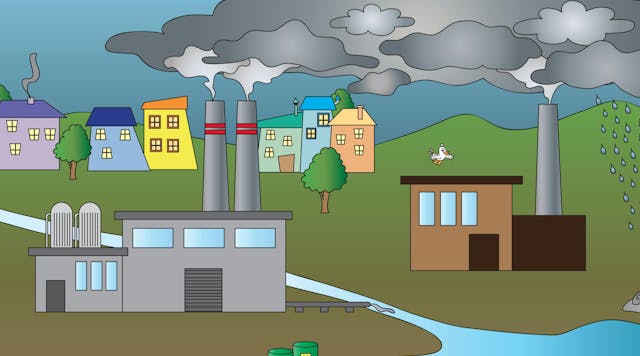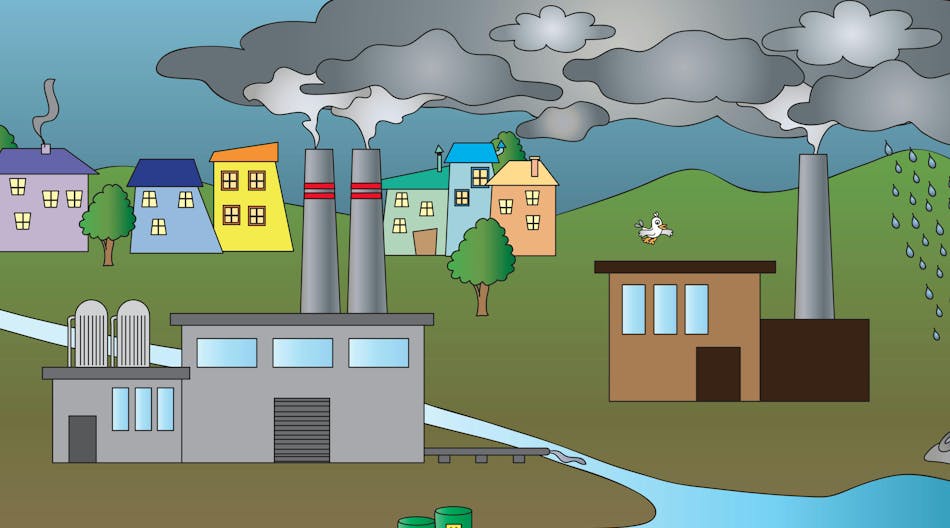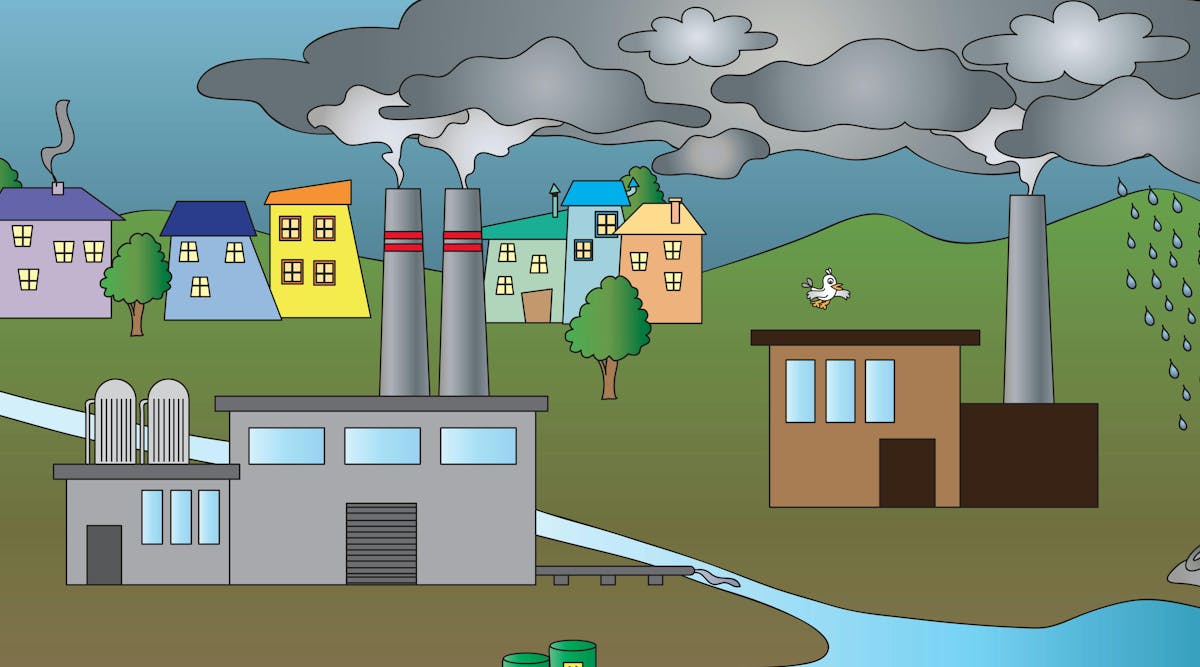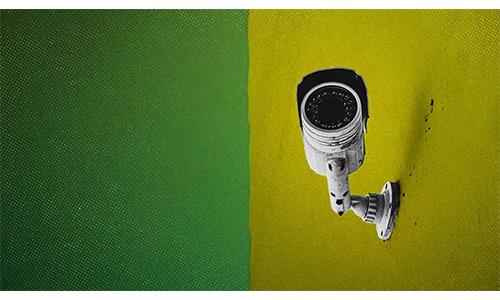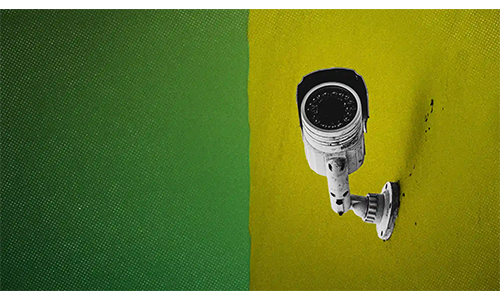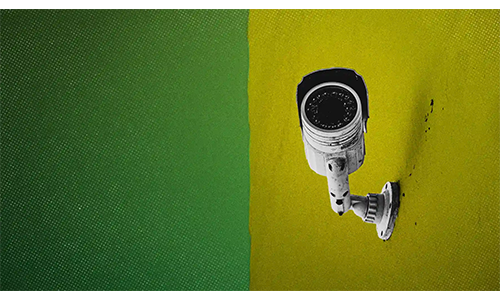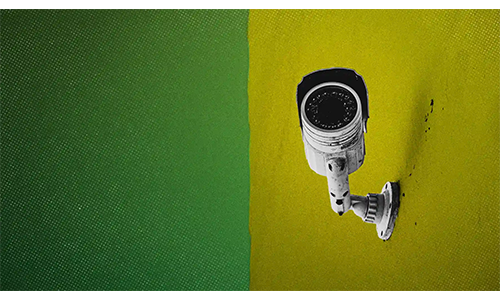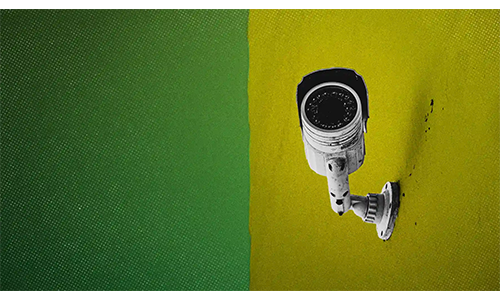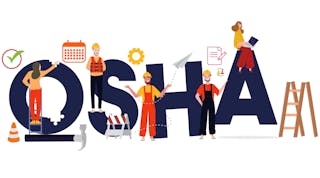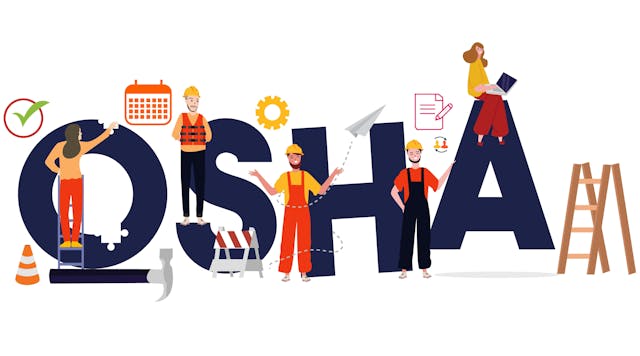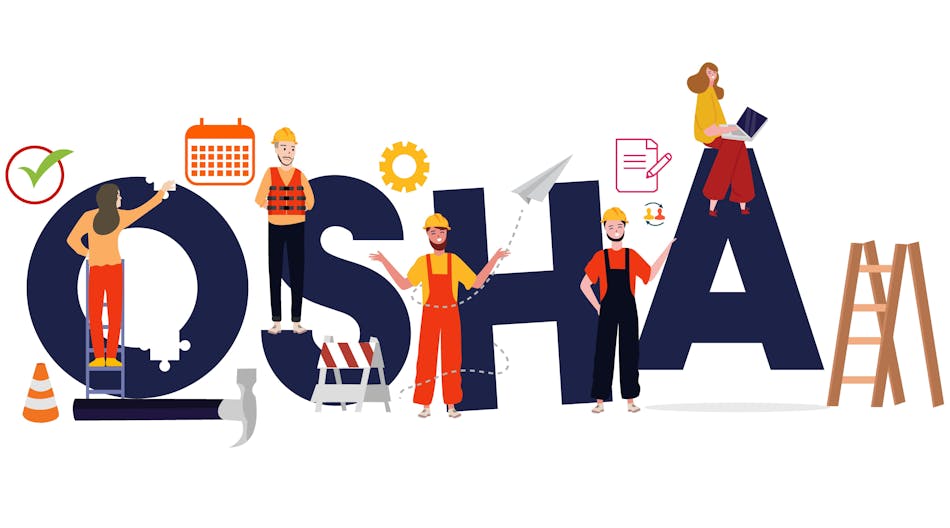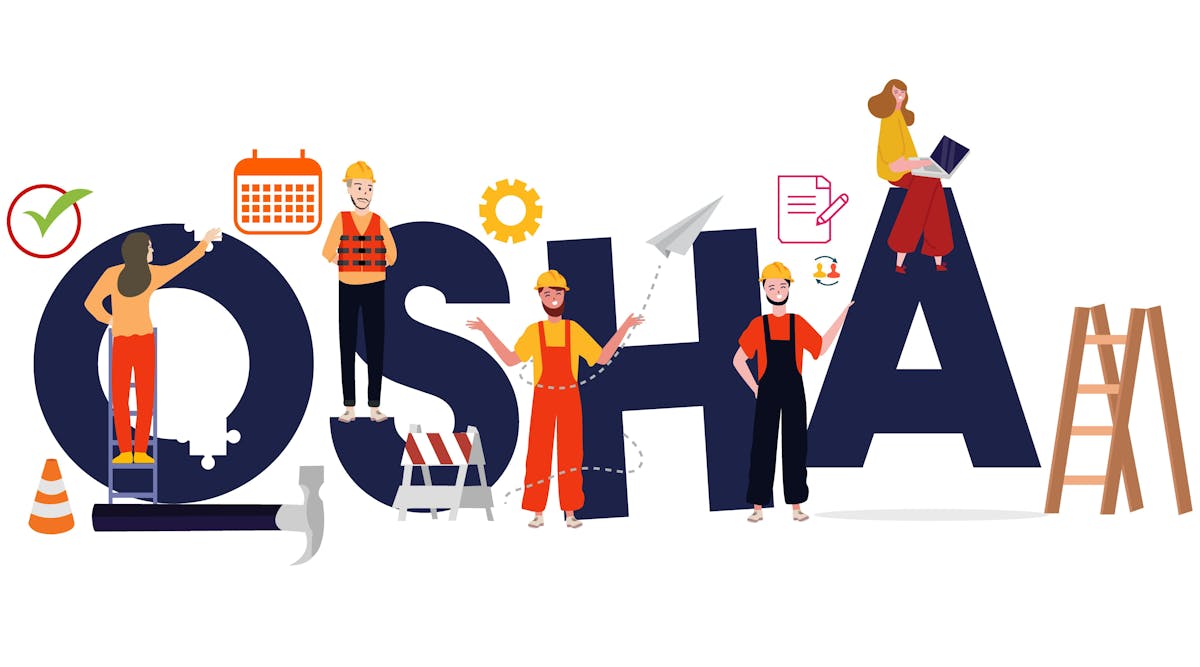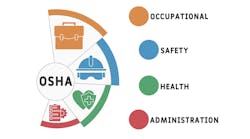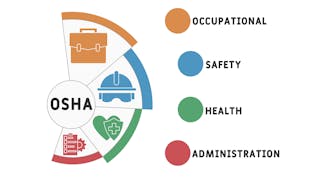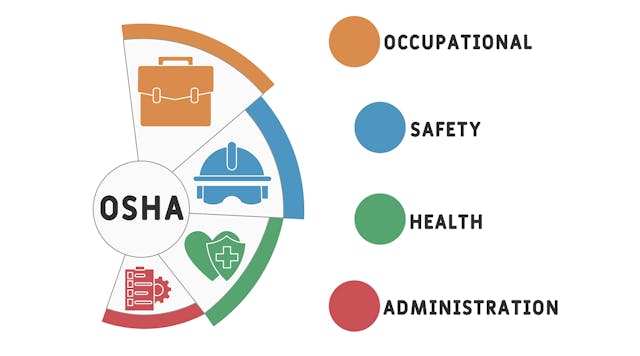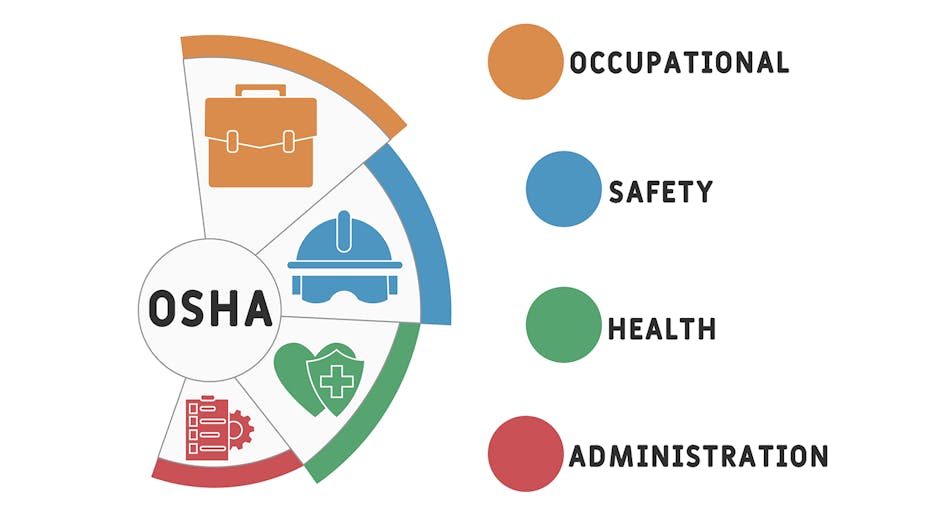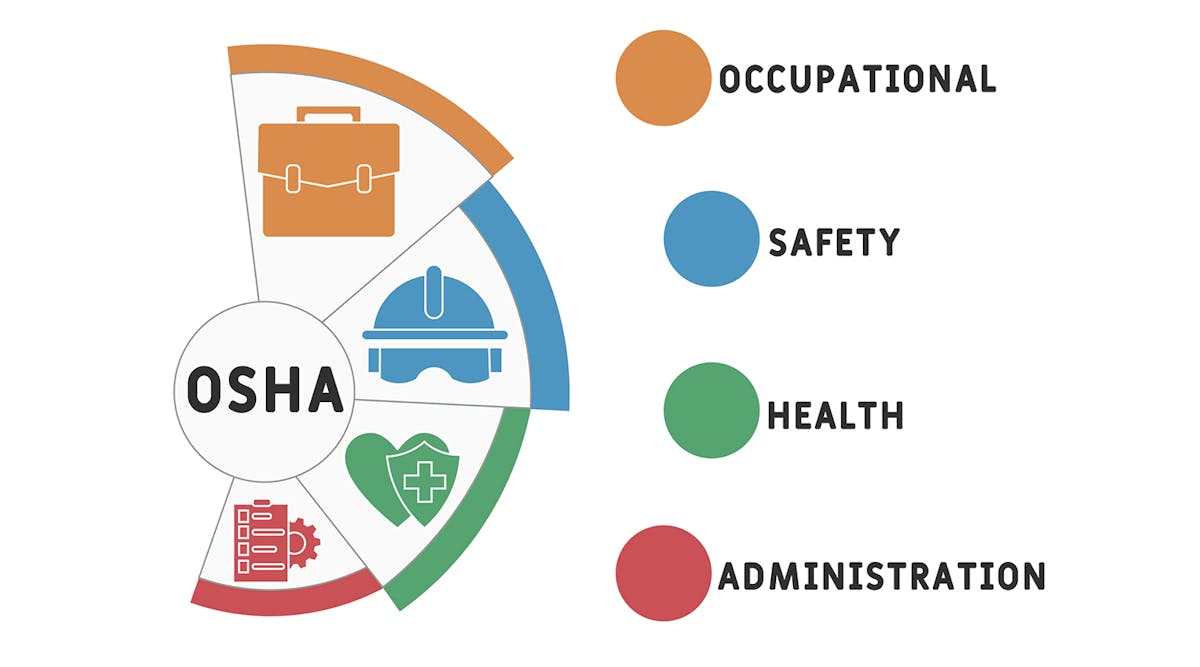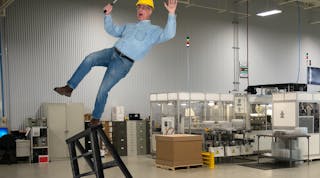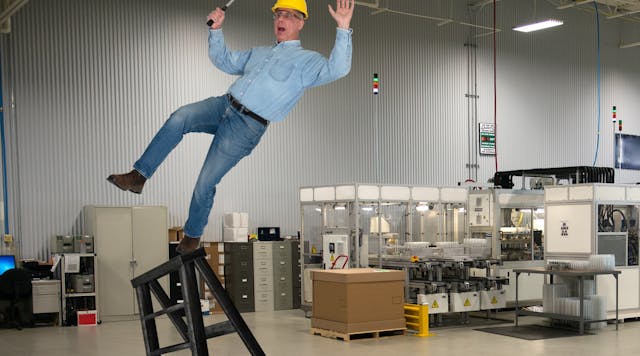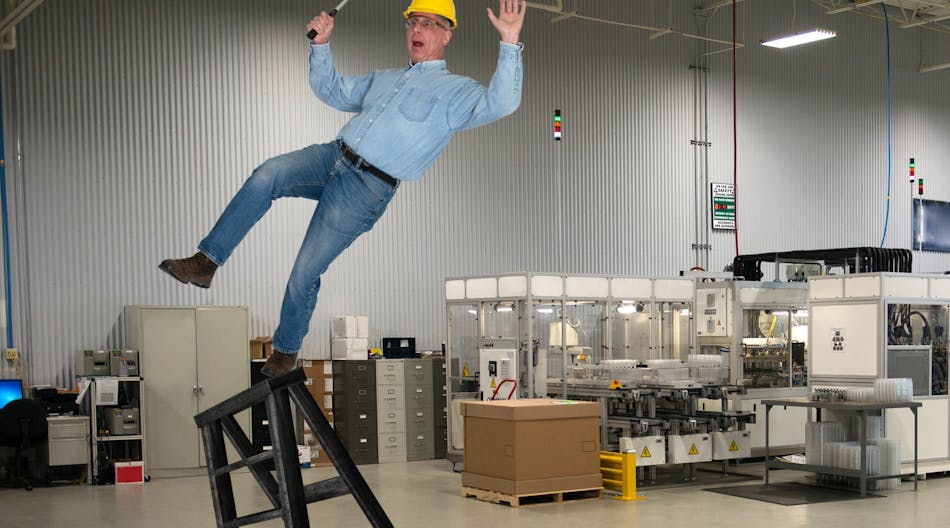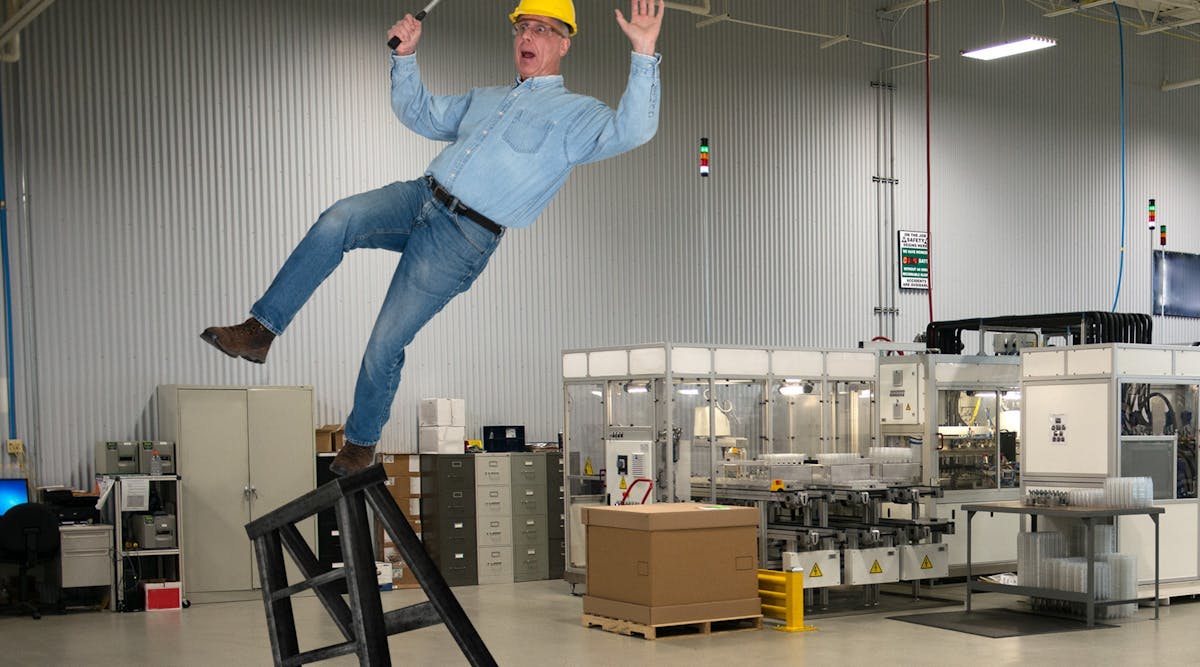Boom!
On April 17, 2013, the unthinkable happened in West, Texas, when a fertilizer storage facility containing 30 tons of fertilizer-grade ammonium nitrate detonated, killing 15 people including a dozen emergency responders and damaging or destroying 150 surrounding homes and businesses.
How could this have happened?
We now know thanks to the findings of the U.S. Chemical Safety Board – a federally funded independent agency tasked with investigating industrial chemical accidents – that a confluence of errors and missteps led to the tragedy at the West Fertilizer Co. facility. According to the board, mistakes ranged from zoning issues that allowed residential properties to be built too close to the storage facility to inadequate emergency planning and limited regulatory oversight of fertilizer-grade ammonium nitrate.
While the Chemical Safety Board doesn’t have the authority to penalize companies, it is clear that its findings were instrumental in educating both the industry and government agencies about the dangers of storing ammonium nitrate. But even with all the good the board does to protect workers, the public and property, the agency currently finds itself under fire.
President Donald Trump’s recent 2018 budget proposal calls for defunding the 19-year-old agency, which, in terms of government spending, has a miniscule $11 million budget and staff of 40. For comparison, the Corporation for Public Broadcasting, which also would be a budget casualty in the president’s proposal had a $445 million federal appropriation in fiscal 2014.
While the president’s budget proposal does not mean that the cut will come to its fruition, it is important to point out that, of all the independent agencies and commissions that would be cut in the proposed budget, the only one that addresses public safety is the Chemical Safety Board. And the board was quick to point that out in a PDF it recently posted on its website explaining the agency’s roles and responsibilities: “The Budget Blueprint to Make America Great Again states that ‘A budget that puts America first must make the safety of our people its number one priority – because without safety, there can be no prosperity.’”
The American Society of Safety Engineers recently weighed in with its support of the Chemical Safety Board. In a written statement, Tom Cecich, president of the ASSE, said: “Understanding the cause of a serious incident benefits all of us. While we understand this administration aims to make the government leaner, more effective and more accountable, removing the only federal agency solely dedicated to investigating chemical incidents hurts the efforts to build stronger manufacturing capabilities.”
Additionally, Michael Wright, director of health, safety and environment for the United Steelworkers told The Nation that the labor union not only wants to see the board continue to be funded but also to see it get additional funding to be able to do even more investigations.
Knowing how important the Chemical Safety Board is to America’s citizens, the logical next question is: What can be done to save it?
Could industry step in and save the board should the government defund it? With minimal contributions from Fortune 500 energy companies, they could easily fund the board’s annual budget and probably far exceed it without making much of a dent in their respective bottom lines. And, of course, it would speak volumes to their goals of being good corporate citizens.
And if not energy companies, what about insurers? They have tons of experience investigating accidents.
On first blush, it might sound like private funding would be a simple solution to keep the Chemical Safety Board up and running.
Unfortunately, it wouldn’t work.
No matter how meticulous the board’s incident reporting would be, there would always be a shroud of doubt around the investigations. After all, there’s a natural conflict of interests that would be impossible to get around. Besides that roadblock, a private organization wouldn’t be able to investigate companies the way a government agency would. Without a subpoena in hand or the possibility of attaining one, a company could easily say it isn’t going to open its doors to an investigation and there’s not a thing the agency would be able to do about it except turn around and head in the other direction.
So if industry isn’t the answer, perhaps government is. Ignoring for the moment that the Trump budget blueprint already includes significant cuts to both OSHA and the EPA, theoretically speaking, the Chemical Safety Board easily could be brought in as a division of either. That way, the board would have the authority to be able to investigate companies the way it needs to complete a thorough chemical investigation.
But, again, it just wouldn’t work.
The Chemical Safety Board’s job is not only to make recommendations about industry but government as well. In the West Fertilizer explosion, remember that the board found regulatory areas from both OSHA and the EPA that needed improvement to help avoid a similar disaster elsewhere. After all, it’s not easy to investigate your own employer with impunity – or escape dirty looks in the lunchroom.
The Chemical Safety Board is to chemicals as the National Transportation Safety Board is to transportation accident investigations. They both need the independence to be able to investigate accidents and disasters freely to be their most effective. They also need the freedom to communicate the findings openly in the public domain to ensure that the lessons learned can be passed on to others who would benefit.
I have a modest proposal: Perhaps government is the answer after all. How about have the federal government keep funding it and we maintain the status quo? If safety is a priority as the budget blueprint says, let’s not forget that “safety” literally is the Chemical Safety Board’s middle name.










